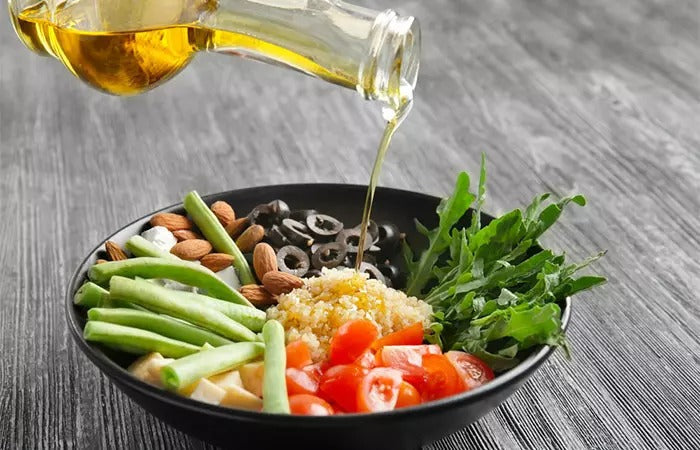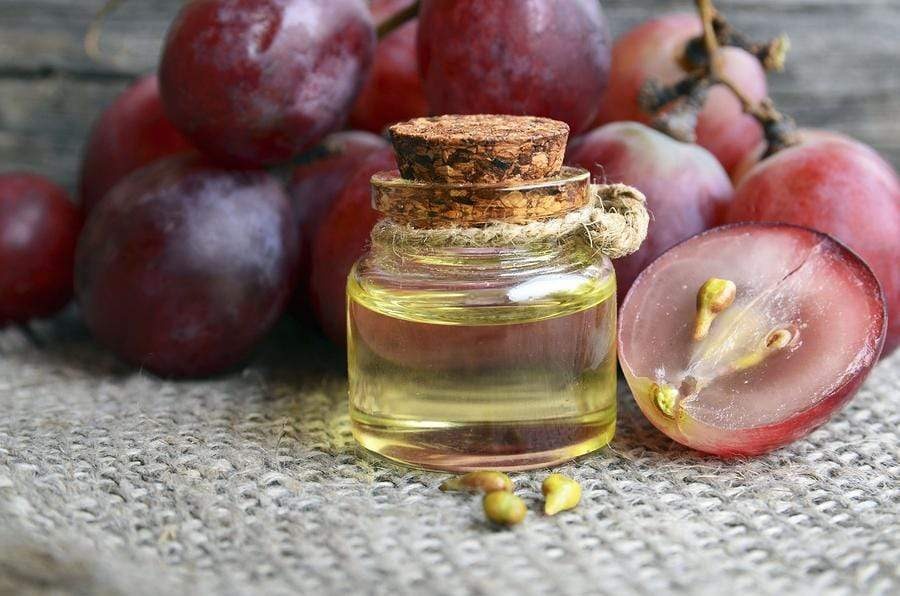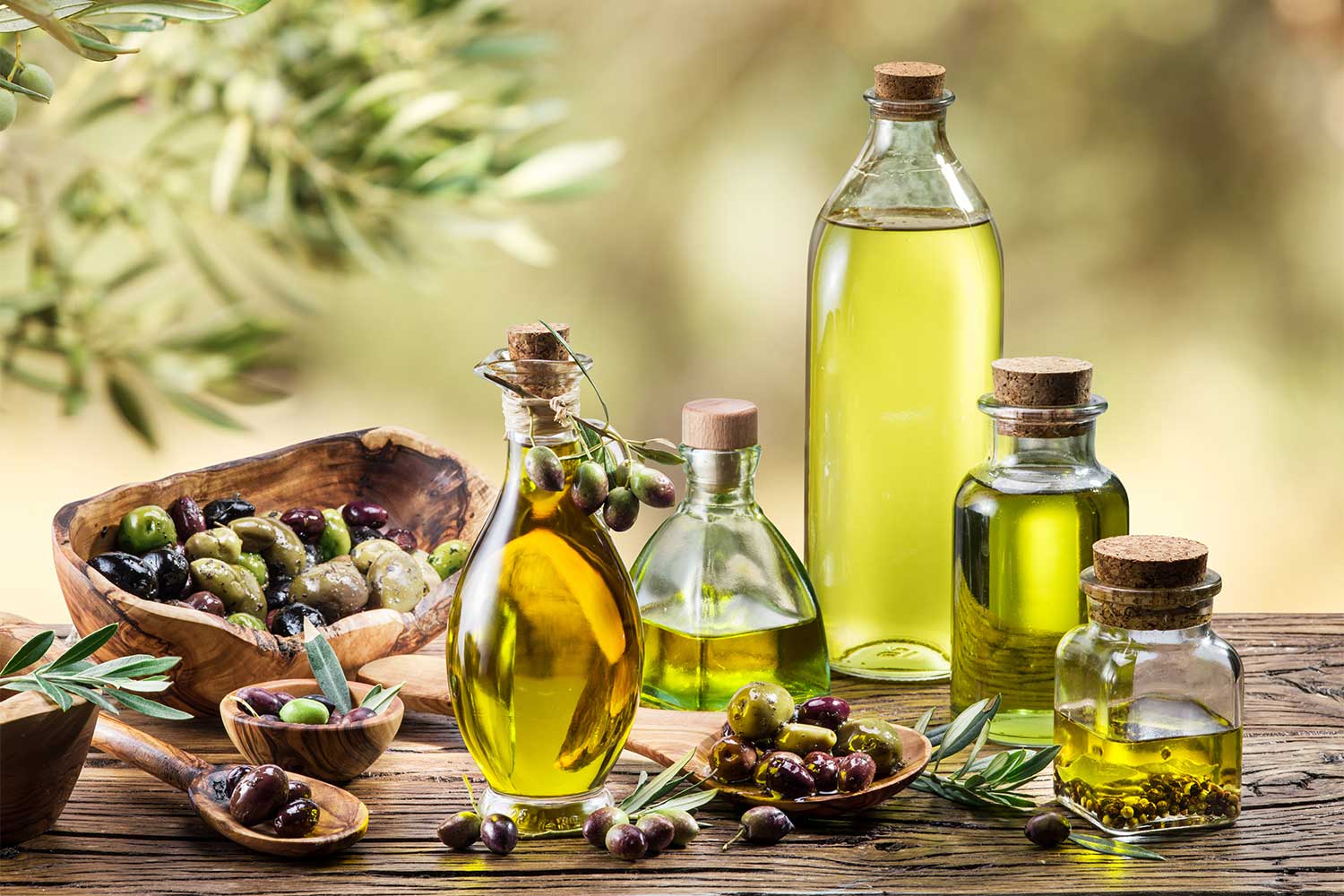In today's health-conscious world, understanding the effects of everyday dietary staples is vital. One such ingredient that often escapes scrutiny is vegetable oil.
Despite its plant-based origin, many people mistakenly believe vegetable oil is healthy. But, why is vegetable oil bad for you? Let's dive deeper to uncover the unsettling truths.

The Chemistry Behind Vegetable Oil
Vegetable oils are extracted from seeds like soybeans, corn, sunflowers, and canola. During extraction and processing, these oils undergo significant chemical alterations involving:
- Oil extraction with solvents
- Refining
- Bleaching
- Deodorizing
So, why is vegetable oil bad for you? These processes compromise the oil's purity and introduce potentially harmful chemicals.

Health Risks Associated with Vegetable Oil
High in Omega-6 Fatty Acids
One major issue with vegetable oils is their high omega-6 fatty acid content. While these fatty acids are essential, excess amounts can be harmful.
Why is vegetable oil bad for you? The typical Western diet is already rich in omega-6, leading to an imbalance with omega-3 intake. This imbalance is linked to various health issues like:
- Inflammation
- Heart disease
- Cancer
- Diabetes
Trans Fats
Vegetable oils often contain trans fats, some of the most harmful fats you can consume. These increase the risk of heart disease, stroke, and type 2 diabetes.
Even small amounts of trans fats can have significant negative impacts on your health, making vegetable oil particularly concerning.
Oxidation and Free Radicals
When heated to high temperatures, vegetable oils oxidize and produce free radicals. These can damage cells and contribute to chronic diseases like heart disease and cancer.
Cooking with vegetable oil, especially for frying or high-heat cooking, is particularly risky.

Alternatives to Vegetable Oil
Considering the risks, it's crucial to explore healthier alternatives that don't compromise your well-being.
Olive Oil
Extra virgin olive oil is rich in monounsaturated fats and antioxidants, excellent for heart health. Learn more.
Coconut Oil
Coconut oil contains medium-chain triglycerides (MCTs), providing quick energy and aiding fat loss. It's worth considering as an alternative. Read more.
Avocado Oil
Great for high-heat cooking, avocado oil is packed with monounsaturated fats and has a high smoke point. Discover here.

Practical Tips for Reducing Vegetable Oil in Your Diet
- Read food labels carefully to avoid hidden vegetable oils.
- Cook more meals at home to control ingredients.
- Opt for whole, minimally processed foods.
- Choose healthier oil alternatives for cooking and salads.
FAQs
1. Are all vegetable oils equally bad?
While most share common risks, some like canola and soybean oils are more harmful due to high omega-6 content and extensive processing.
2. Can I use vegetable oil in moderation?
Moderation is key. Occasional use may not be harmful, but balance it with healthier fats and avoid high-temperature cooking.
3. What about vegetable oil in processed foods?
Avoid processed foods with vegetable oils. They often contain unhealthy additives and trans fats.
Understanding why is vegetable oil bad for you is vital for making informed dietary choices. By reducing or eliminating vegetable oil from your diet and opting for healthier alternatives, you can significantly improve your overall health.
For more on healthy cooking alternatives, check out this Healthline article.
For tips on maintaining a clean and healthy kitchen, read this cleaning guide from Homes and Gardens.
As an Amazon Associate, I earn from qualifying purchases.






Leave a comment
This site is protected by hCaptcha and the hCaptcha Privacy Policy and Terms of Service apply.